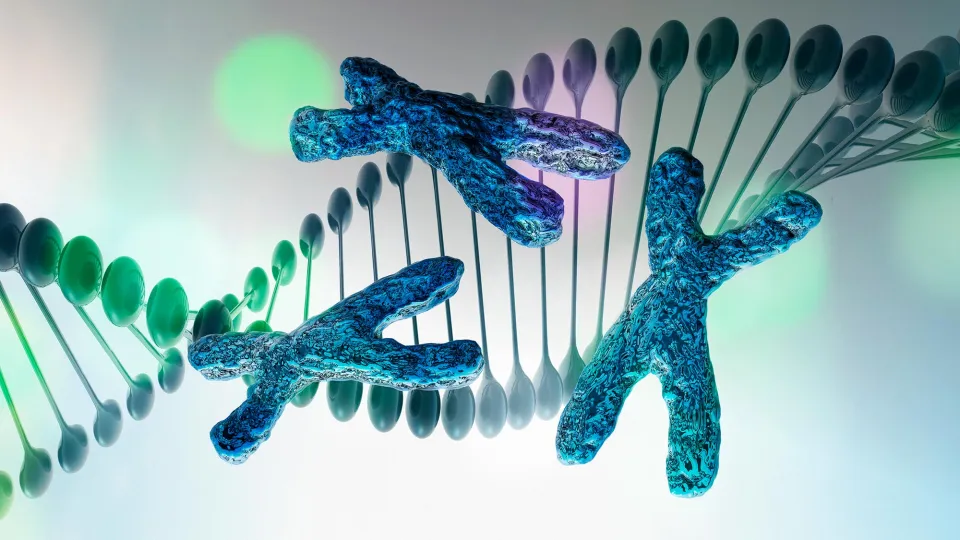News Brief
Promising Strategy for Inhibiting Cancer Stem Cells
December 21, 2023
Tumors contain a small subpopulation of cancer stem cells (CSCs), which are critical for tumor growth, progression, and spread and tend to be more resistant to cancer therapies than other cancer cells. However, the molecular pathways responsible for CSCs’ properties are not well understood.
Wenjun Guo, Ph.D., and colleagues have developed a novel approach to identify and study cancer stem cells in a mouse model of breast cancer. They discovered that CSCs express high levels of the lipid transporter protein ABCA12; expressing this protein enables CSCs to expel a family of lipid molecules called ceramides and thereby become more resistant to chemotherapy. The researchers found that inhibiting ABCA12 allows ceramides to accumulate in CSCs, and the ceramide buildup makes CSCs more sensitive to chemotherapy. The findings suggest that targeting ABCA12 in CSCs could be a useful anticancer strategy, with potential for overcoming chemotherapy resistance in tumors. The study published online on December 1 in Science Advances.
Dr. Guo is professor of cell biology and a member of the Ruth L. and David S. Gottesman Institute for Stem Cell Research and Regenerative Medicine at Einstein, and a member of the National Cancer Institute–designated Montefiore Einstein Comprehensive Cancer Center.



